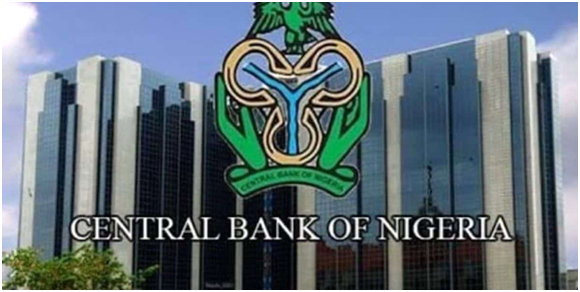As calendared, the Monetary Policy Committee {MPC} of the Central Bank of Nigeria {CBN} held its meeting, and made some far-reaching decisions regarding the economy. The Governor, Olayemi Cardoso who briefed the media announced that members elected to retain Monetary Policy Rate (MPR) at 27.50 per cent, asymmetric corridor around the MPR at +500/-100 basis points, Cash Reserve Ratio (CRR) for Deposit Money Banks at 50.00 per cent and for Merchant Banks at 16.00 per cent. Liquidity Ratio like other tools was also retained at 30.00 per cent.
The Committee held its 301st meeting between July 21 and 22, 2025 to review recent economic and financial developments, and the outlook of the economy. Members acknowledged sustained decline in headline inflation in June 2025, the third consecutive month of deceleration.
He said the decision to retain the interest rate was predicated largely on the economic condition, the moderation in energy prices and stability in the foreign exchange market. The CBN Governor noted that despite these positive developments, members observed the uptick in month-on-month headline inflation, suggesting the persistence of underlying price pressures. The crux of the meeting among other considerations were the issues of interest rate and inflation trajectory.
Cardoso acknowledged unabated global uncertainties associated with tariff wars and geopolitical tensions which he said could further exacerbate supply chain disruption and exert pressure on prices of imported items. Members, he continued, also noted the continued stability in the Nigerian banking system, evidenced by the stable financial soundness indicators (FSIs) which would further be supported by the on-going banking recapitalisation exercise.
He said eight (8) banks have fully met the recapitalisation requirements, while others are making progress to meet the deadline.
Economy watchers and analysts were not entirely surprised at the outcome. They considered the result as a cautious stance, potentially holding MPR steady to anchor inflation expectations and support the Naira. Some opined that, given the current economic realities, a rate hike or cut would have depended on the committee’s assessment of inflationary pressures and economic growth.
Some said since inflation control was paramount to the committee which has been showing moderation in the last three months, a continuous and sustained efforts to anchor inflation expectations and maintain price stability is a welcome development.
John Chukwu, managing director, Cowry Asset Management Ltd, said he expected the MPC to hold the current policy stance, citing still-elevated inflation rates and the need to consolidate gains in monetary and exchange rate stability
Mr. Bismark Rewane, managing director, Financial Derivatives company, and Bayonle Ojewunmi, Principal Partner, Project Finance Consult, anticipated a rate cut of between 25-50 basis points, given the slowdown in inflation pressures and relative stability in exchange.
Bayonle believed the MPC are prioritizing policies that support economic growth, citing visible improved macroeconomic environment and a robust services sector. Stressing that, he considered the outcome as MPC’s position to maintain exchange rate stability with the Naira appreciating by almost 4 percent month-on-month, anchoring at N1,551/$1 as at the end of June.
However, Dr. Olopade Moses, a financial analyst based in Abuja expected a rate cut. He described the outcome as “a continuous stifling of the economy”. He said a rate cut will spur growth, and stimulate economic activities.
The Central Bank of Nigeria’s projection for further decline in inflation rate in some months to come, underpins its current posture, stable exchange rate, declining PMS prices, and moderation in food prices as the harvest season approaches. However, given the persistent uncertainty in the policy environment and underlying price pressures, Cardoso said monetary policy will need to maintain its current stance until risks to inflation recede sufficiently.
Overall, the apex bank’s sterling performance in macroeconomic space is marked by significant reforms and improvements within the economic milieu, investors growing confidence, and financial system stability.
However, challenges persist within the polity, posing as clog in the Bank’s strides, insecurity in major food belt zone, banditry, access electricity power, and youth unemployment. The federal government is enjoined to double its effort in addressing these issues to promote economic growth.
Ademola Bakare, financial analyst, writes from Abuja.















